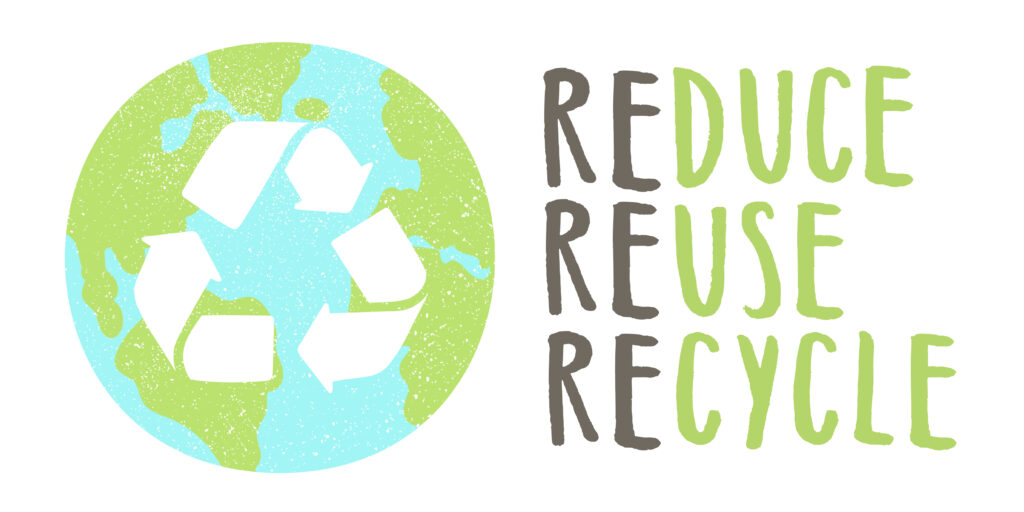2
juangiraldo
April 17
Education

In an era where environmental sustainability is more crucial than ever, the principles of reduce, reuse, and recycle (the “Three Rs”) offer a clear and practical framework for individuals and communities to minimize environmental impact. These concepts are not just actions but a philosophy that can drive the systemic changes needed to safeguard our planet for future generations.
Reduce: Minimizing Waste Creation
The first and perhaps most impactful of the Three Rs is “Reduce.” This principle advocates for cutting back on the amount of waste we produce. Reducing waste means making more thoughtful decisions before purchasing and using products. It involves choosing products that are made to last, opting for those with minimal packaging, and avoiding disposable items when possible. By reducing waste, we not only conserve natural resources but also reduce energy consumption and greenhouse gas emissions associated with manufacturing, transporting, and disposing of goods.
Reuse: Extending Product Lifecycles
“Reuse” involves finding additional uses for items that might otherwise be discarded. This can range from repurposing glass jars as storage containers to donating old clothes to charity. Reusing products can significantly extend their life cycles, thus decreasing the demand for new products and avoiding the environmental impact of production and disposal processes. Moreover, reuse incorporates repairing products when they break, rather than disposing of them, which further contributes to waste reduction.
Recycle: Processing Used Materials
Recycling involves processing used materials into new products to prevent waste of potentially useful materials. By recycling items such as paper, plastic, glass, and metal, we reduce the consumption of raw materials, decrease energy usage, lower greenhouse gas emissions, and reduce air and water pollution by cutting down on conventional waste disposal. It is vital to understand local recycling policies and ensure that materials are correctly sorted, as contamination can render batches of recyclables unusable.
Adopting the Three Rs requires more than individual action; it necessitates a collective shift in how societies produce, consume, and think about waste. As consumers, we can make powerful decisions that propagate the demand for sustainable products and practices. Companies must also embrace their responsibility to design and manufacture products with their entire lifecycle in mind — promoting not only recyclable materials but also products that are more durable and easier to repair.
Comments
Access your account or register
No comments yet.